A basic model towards experiencing basic freedom
Rohan Arora, Alies Jacobs, Elien Swinnen, Rova Ratsimbazafy, Elia Vanderheyden, Rune Gybels, Leonel Damdja, Emil Rousseau, Frans Steenhoudt, Estelle Arnouts
To feel free there should be certain basic amenities that should be provided to every society irrespective of their contributions to the global society. These amenities should certainly include housing, food security, education, healthcare, and justice. Through providing these minimalistic amenities one can certainly lead to a better society which can harbour love, empathy, respect etc. Apart from developing the emotional needs of a society, a general societal development shall also come into being.
What kind of boundaries do you want to set up in a free society?
1. INDIVIDUAL VS SOCIETY
We do not want borders because it limits connections, thinking, development etc. At the same time absence of boundaries will bring together people from all walks of life and this could potentially create conflicts. We want a government but organising it is essential
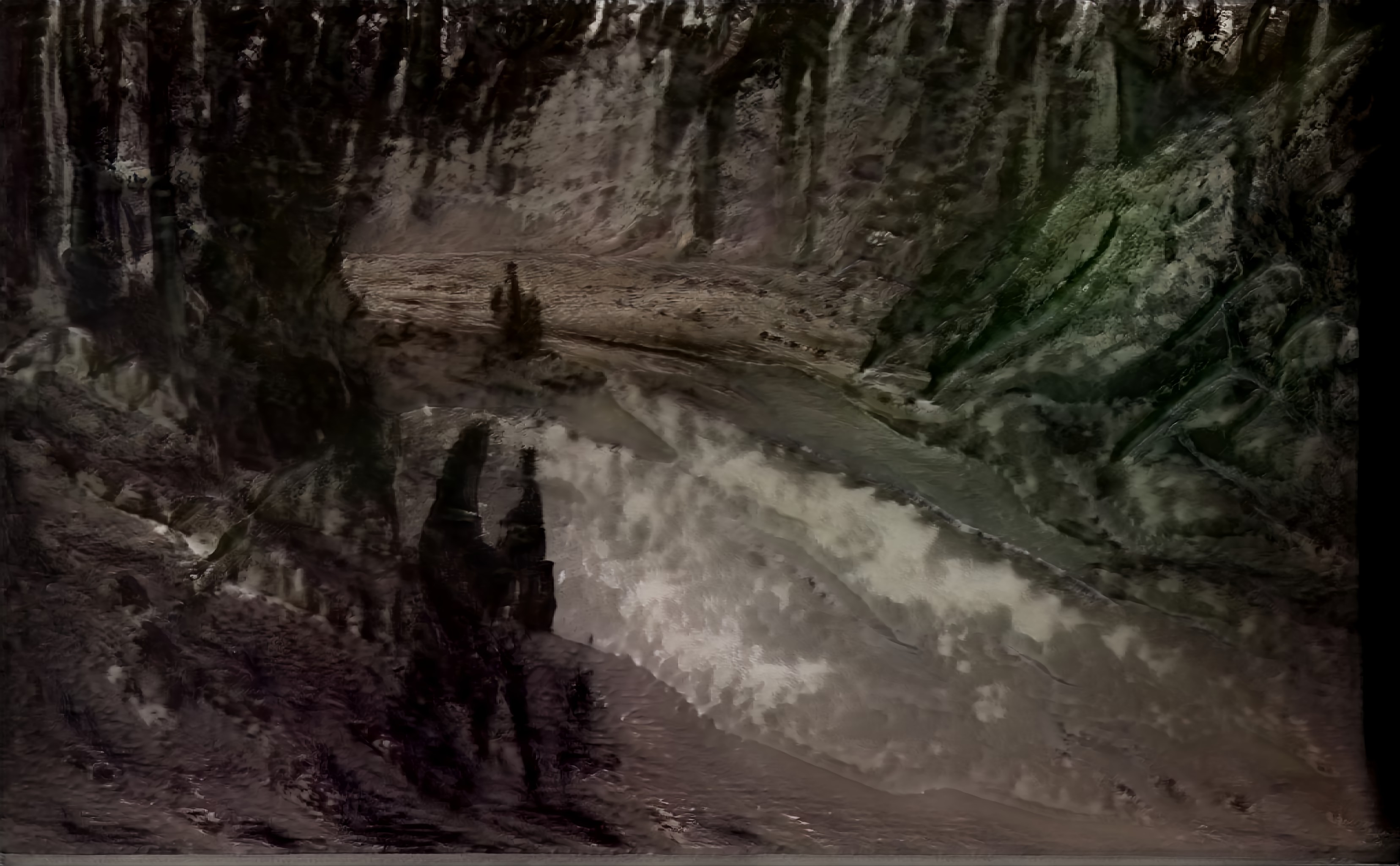
2. NATURE VS CULTURE
Should we breed animals ourselves and kill them for nutrition or can we bring in artificial meat and use it for our nutrition? Boundaries are leading to basically concentration of inbreeding where in the progeny population is a bit more inbred that the parent generation and this when given a significant timescale leads to populations that are significantly inbred which could potentially lead to extinction. Conclusion - To protect ourselves and our biodiversity we should change our production, our consumption, and the utilisation and management of resources.
3. THINKING VS ACTION
Should we investigate our personal roles in our society and introspect about our responsibility in our society? Are we doing enough in our society as individuals? Do we have a vision for our society and are we working for it? Supporting and developing organisations that help spread awareness about the consequences of various interests to lead to a free and sustainable society.
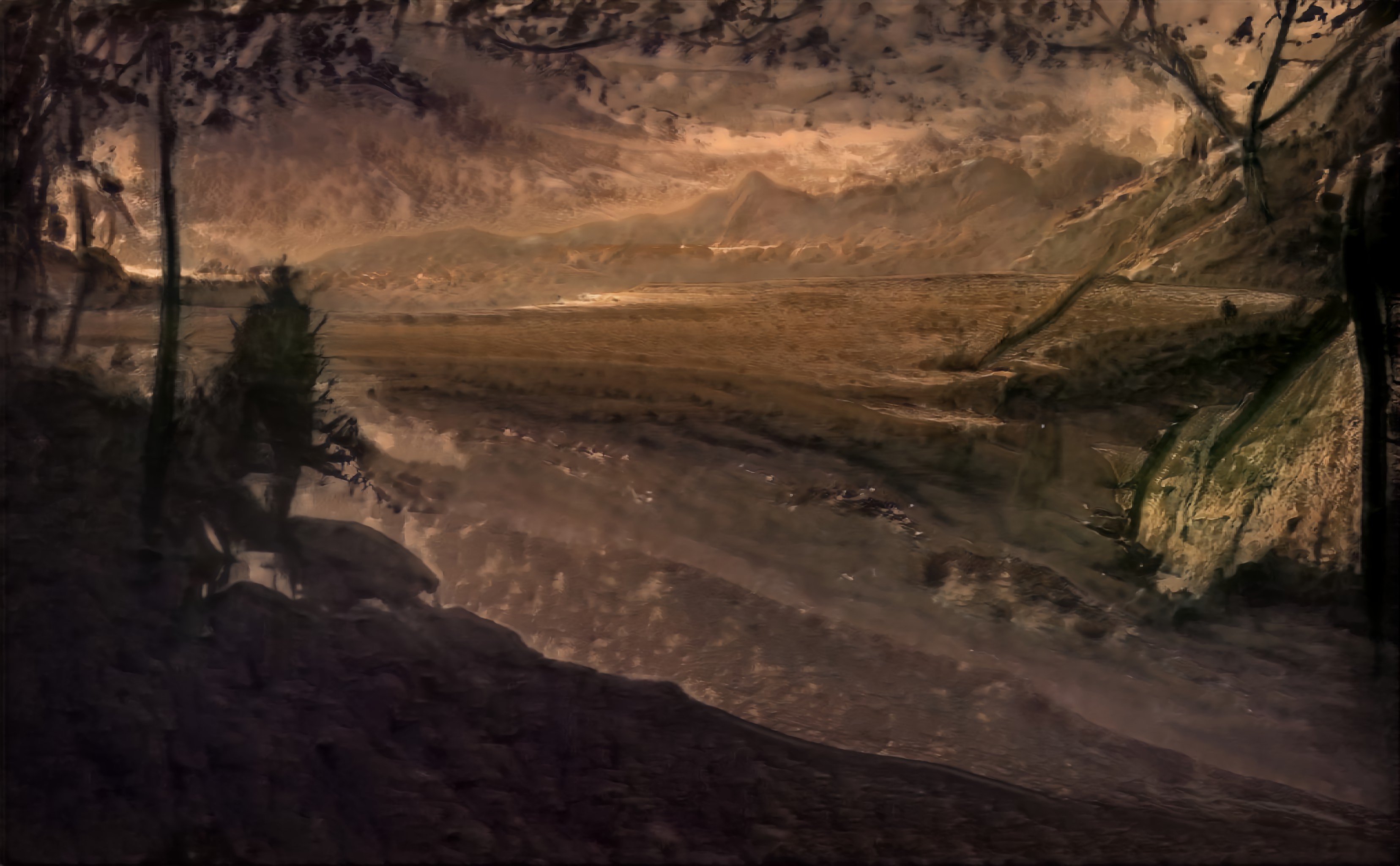
4. LANGUAGE VS COMMUNICATION
Is language essential to learn about freedom? or experience freedom? Acceptance and acknowledgement of others - includes physical freedom, sexual freedom, emotional freedom, freedom of speech, thought, etc. We should not transmit information which is non-essential for an individual growth. Should there be words like good and bad in our dictionary? We could be moral or un-moral or ethical and non-ethical. Free yourself from a stigmatized perspective so our next generation is free of thought and action.
5. IMAGINATION VS REALITY
Reality has boundaries while imagination doesn't have boundaries. Redefining our education system where currently we are trying to be very real (which is just) but at the same time trying to inculcate a creative method where we can eventually have a freedom of thinking and imagination.
Upon observing the current academic curriculum, it seems that the current fundamentals of education are based on wrote learning/ memory-based learning and/or a copy paste kind of learning which is based on facts and deep understanding of most of the subjects and topics that would be essential to embark on various disciplines. However, this creates an environment where imaginative thinking does not prosper.
With such an academic setting we are leading ourselves to a society which is unequal and is based on a quantitative criterion like memory which is certainly suited for certain career paths but unfortunately does not drive innovation. To boost innovative thinking, we should think of alternative ways/ innovative ways of imparting education as we do not need people who are jack of all trades but masters of none.
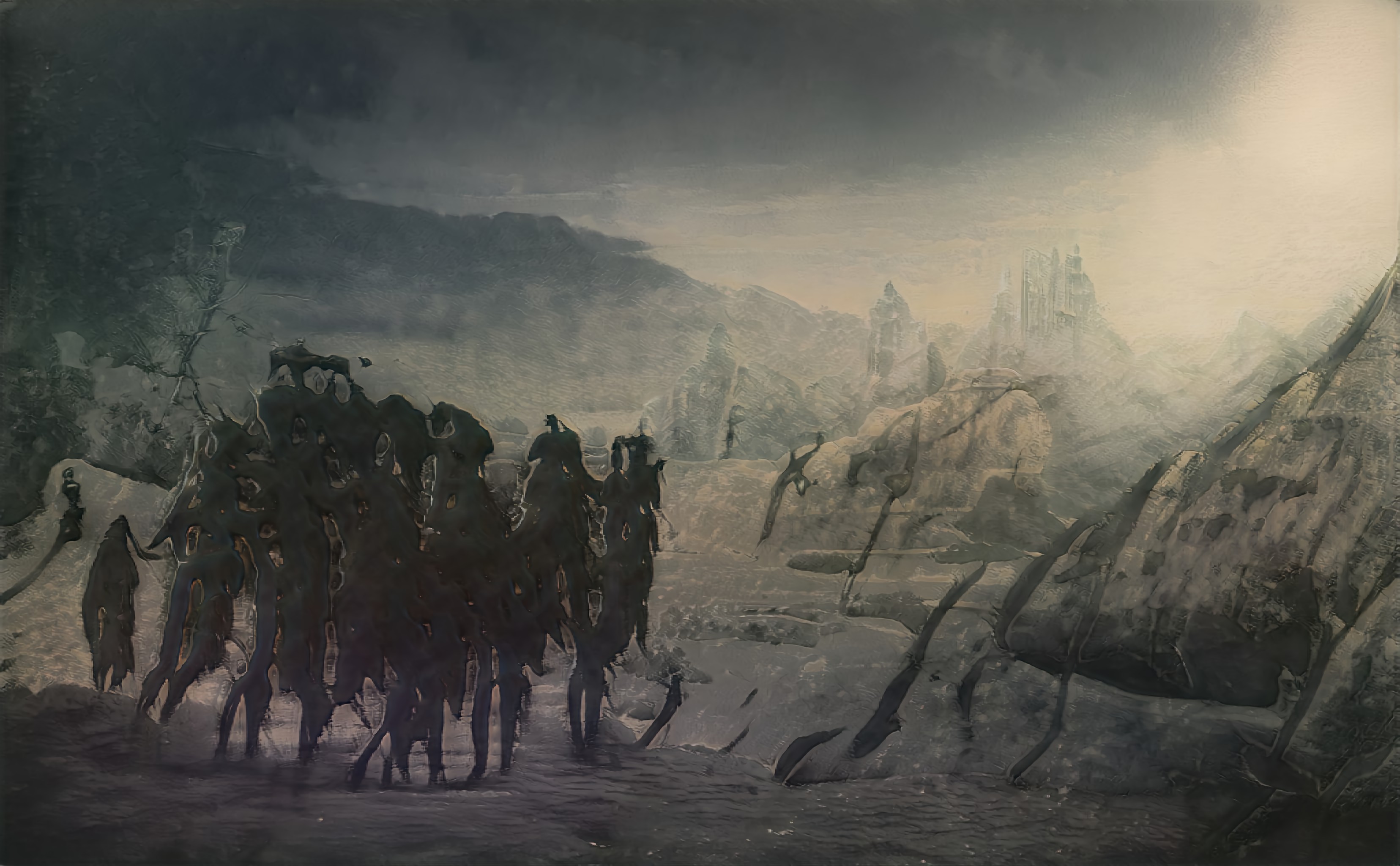
6. DIFFERENCE OF INDIVIDUALITY
Difference between males and females, their reproductive strategies. Males due to their differences in reproductive strategies are more risk-seeking than females (generalizing statement not true for all cases). Difference in number of off-springs between males and females. Current societal scenario, one man and one woman bear a few children. Strict vs lenience (dominant vs submissive, selfishness vs generosity). People should be left alone to do what they desire, subjected to societal constraints that primarily revolve around harm to others. Freedom to division of labour and specializations. Rights of homosexuals and sex workers. abortions
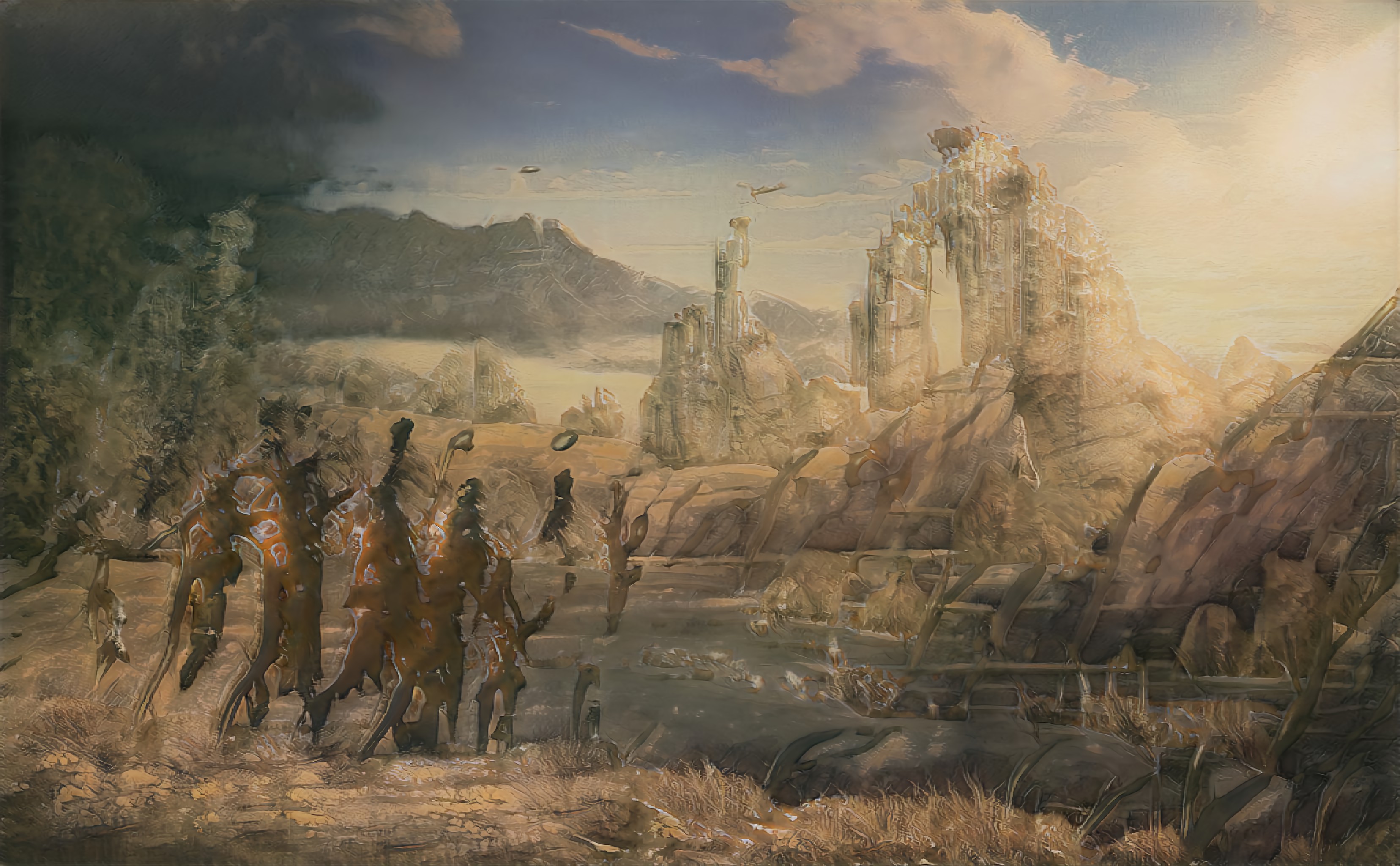
7. POLITICAL FREEDOM
Dominant males have greater sexual access, therefore, selecting dominance in a society.
Advent of agriculture and sedentary societal formations. Coming in of individualistic attributes and dominance playing a huge role. Loosing of the nomadic lifestyle with providing fixed capitals. Growth of societies as being self-sufficient reinforcing the concept of dominance and restricting division of labour while favouring and valuing specialisations.
Modern western societies are by far the freest, this is because the hunter-gatherer societies were free for men, but women were oppressed. Here freedom for both men and women are provided, yet due to a capitalist society, monetary dominance increases societal freedom disequilibrium. Political freedom is fragile - Abuse the position, enrich themselves or relatives, manipulate the political system. Does democracy promise freedom? needed for long-term freedom as rulers might not ascertain proper freedom of the masses. Also, democracy does not ascertain freedom of minorities (religious, ethnic and income-based minorities) Could also work in the opposite manner, where a poor majority could restrict wealthy minorities. Role of Press in influencing political freedom - communicating important and significant information to the people. (Need to discuss about what these topics might be about).
8. RELIGIOUS FREEDOM
Strengthens morality. Strengthening group solidarity. Strengthens or weakens other groups. Do we really derive our morals from religious learning?
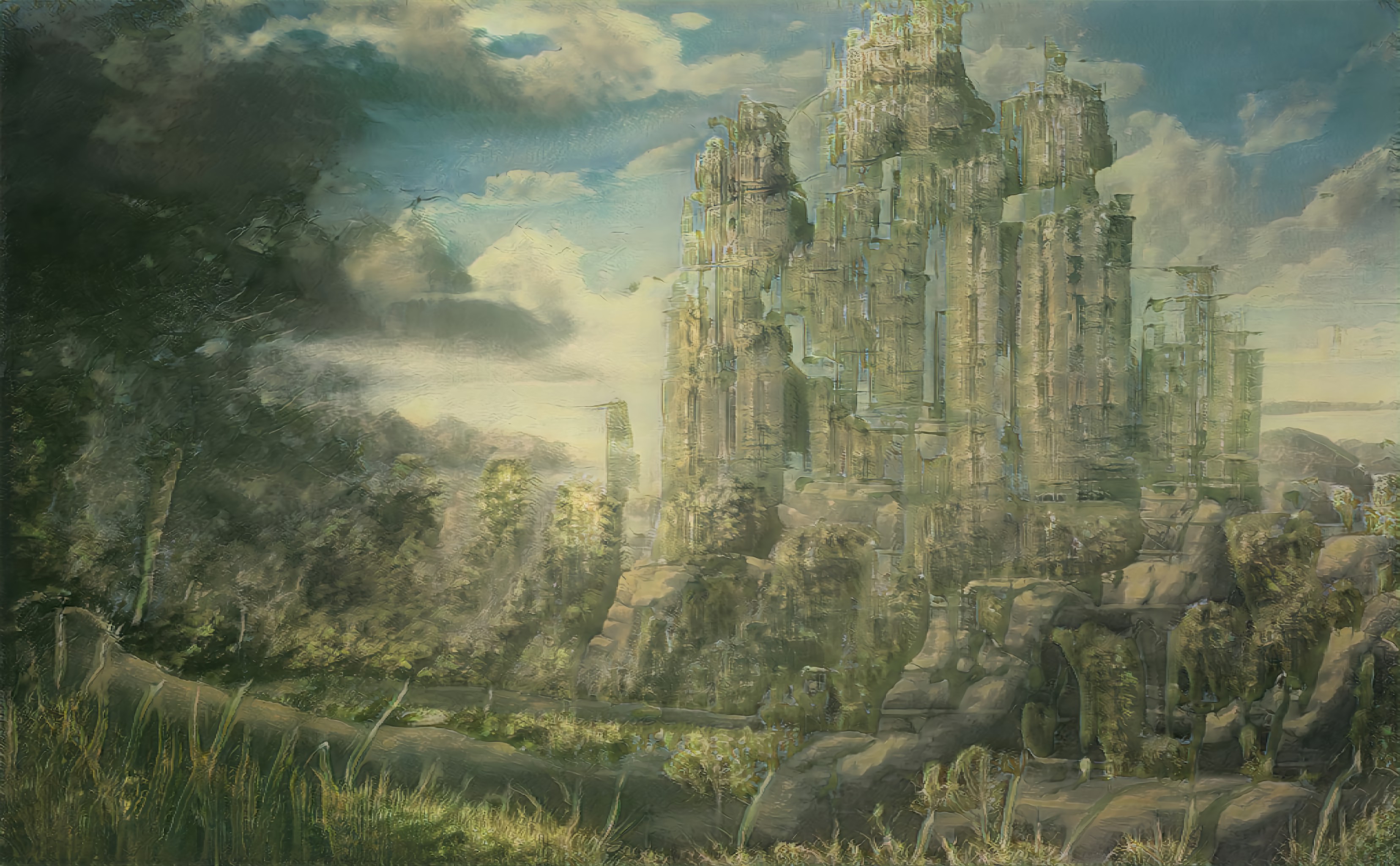
9. ROLE OF POLICE AND JUDICIARY AGAINST CRIME
A paradoxical situation where people against whom a crime is committed are not free while the people who commit the crime are also not free after committing the crime as they would always live under fear from scrutiny. What are the powers that a judiciary system should have on people’s life? How do you envision it? Protecting oneself against crimes? Should possession of arms be legal? How does hunting equate with judiciary?
How does private behaviour equate with the judiciary? Is it ok to walk naked publicly? is it ok to take drugs publicly? should they be considered illegal? Could there be education in these areas as most often youngsters try to compete in drug consumption and take up difficult tasks, which they could easily educate upon. How could such an education be imparted?
10. ROLE OF DISCRIMINATION TO SHAPE SOCIETAL FREEDOM
Private or group discrimination - ex - employment discrimination, caste, religion, geography, color, gender etc. majorities and minorities.
CASE STUDY
An alternative lifestyle: Self organising communities in South China
Minimal boundaries that are necessary to form a society and focuses primarily on individual and societal freedom. 1. Food security; 2. Education; 3. Healthcare; 4. Justice, rights, and responsibilities.; 5. Housing
In our current society, people are engrossed in their daily lifestyles and hence do not think about its working and sustenance. With a rapid increase in population and urbanisation, there is a pressing need to think how a society could be made sustainable with certain changes that could help its citizens come together and share a sense of belongingness. This is important when looked upon through the glasses of freedom as our current society is home to several inequalities and discriminations. With several pioneers thinking about alternative lifestyles, it would be interesting to observe and experiment the working of such an alternative society.
One such effort was taken up by the Minhou county in South China to marginalise current societal problems and suggest a wider range of socio-cultural, economic, and political activities. The main goal of Another Land (self-sustenance society) was to ensure self-sustenance and provide equal opportunities to all its residents. This was primarily achieved through a decentralisation process where a good balance between individualism, communalism, maintenance of economic, ecological, and cultural sustainability.
Briefly, a foundation of Minhou county was provided with land for constructing another land along with several other self-sustaining societies. The individuals of this society followed half-communal work and half-individual work for which they were paid in a credit based system which is a bit different from our current monetary system. Each self-sustaining society excels in a certain daily need which is then shared amongst the members of different self-sustaining societies. The capital coming into the society is managed by the people of the society to improve its education, industry, and environment. Communal contributions mainly focused on agricultural innovations and practising self-sustaining agriculture, while individual interests and contributions focused on all the other activities that an individual was interested in. This could include arts, sciences, and economics amongst others. Another land came up with a credit system where credits were exchanged for labour and services within and amongst different self-sustaining societies.
During the experiment, the author of the article randomly interviewed 18 participants to understand the impact of their previous lifestyle with a comparison to a current change of lifestyle. The participants mainly belonged to the managerial class of the current society. Initially, some participants found it difficult to connect themselves within the new lifestyle, however, an increase in their level of happiness, freedom and togetherness was observed. These factors are important for the working of any healthy society as feelings of acceptance, empathy, togetherness are the main pillars of its existence.
CREATING AN ALTERNATIVE SOCIETY
Due to the current capitalistic norms of our modern society, people fall prey to several injustices, inequalities and therefore a sense of collective freedom does not prevail within our current modern setup. Therefore, a society which focuses on the synthesis of communal, individual, and natural well-being is highly desired and therefore efforts should be made to envision one such society.
With a rudimentary knowledge of social and economic sciences I wanted to try based on the works of other alternative self-sustaining societies to envision an alternate society that tries to dismantle the current societal problems.
In my view, our current world is run by certain capitalist powerhouses which are directly or indirectly infusing money into our current governments. This made me question the necessity of the current modern government. Is it possible that these companies are the ones that are driving any society? This would mean such companies would have to train people in different aspects of a particular concern which ultimately enables people to balance individual and communal projects. The individual projects could include anything, and everything based on a person's interest while communal projects could include tasks like agriculture, education, healthcare, resource management, labour intensive tasks and judiciary amongst others. The amount of work that is being handled by any one person, collectively for the community and for oneself could influence their monetary values (which could also be normalised amongst the ones that are working the most and amongst those that are working less). Normalising monetary rewards should be indispensable to ensure an equality based on hard work. One such econometric model put forth by the Nobel prize winner Jan Tinbergen looked at decreasing the current difference of financial inequality amongst the wealthiest and the poorest.
This current thinking process is very limited due to lack of literature review but certainly should be an important foundational question for further chapters on freedom. It would be interesting to see how education, healthcare, judiciary, and media would be developed in such a model system.
Download text Defining a free society




